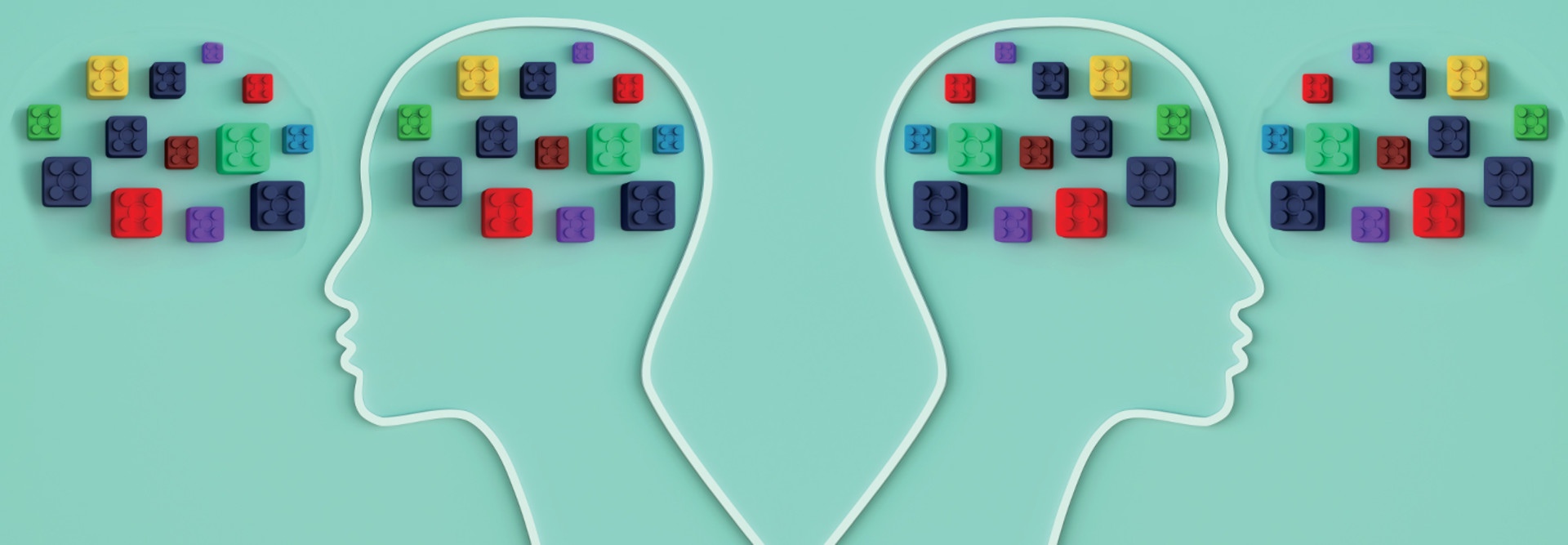As part of its plan to combat learning loss, the Los Angeles Unified School District is incorporating artificial intelligence across its schools. In mid-March, the nation’s second-largest school district began rolling out “Ed,” an AI assistant offering personalized learning plans and resources based on a student’s current academic scores. It also helps parents keep tabs on grades, attendance, upcoming tests and more. The AI assistant is available in 100 languages, and it is programmed to change its tone of voice and manner of interaction with each student over time.
Weighing the Pros and Cons of AI Tutors
While AI tutoring tools are constantly improving, their advantages over human tutors are already clear. One critical benefit is lower costs, which could support equitable access. For example, Khan Academy’s Khanmigo, an AI tutoring tool powered by OpenAI’s GPT-4, costs only $4 a month.
“What AI promises is that we should be able to achieve a world where everybody can afford a tutor,” explains Hadi Partovi, CEO of the education nonprofit Code.org. “And given how much schools globally are suffering with the learning loss caused by the pandemic, it’s kind of nice timing.”
Another advantage of AI tutoring bots is that they’re directly available to students 24/7 for any amount of time, without needing a parent’s involvement to figure out scheduling.
The flip side, however, is the lack of monitoring. Although future AI tutors will be created to support all age groups, students in the early elementary levels are not the best target audience for current AI tutoring tools, says Michael Trucano, a visiting fellow in the Center for Universal Education at the Brookings Institution.
Because younger students cannot formulate the right prompts and questions, Trucano sees AI tutoring being more successful with upper primary, middle and secondary school students.
LEARN MORE: Here’s how to enact an AI policy in your K–12 schools.
Additionally, several scholars have noted that large language models such as ChatGPT and AI tutoring platforms have been found to be weak in math, at least for now. There are a couple of reasons for this: ChatGPT is designed to understand and generate humanlike language, and it is trained on data that doesn’t really include mathematical reasoning.
Partovi also notes other major issues, including the fact that AI is known to share incorrect information on occasion, can be tricked into saying terrible things, and may have political and racial biases. That said, human tutors can have the same issues, which even background checks (something AI does not require) might not reveal.
Experts Predict That AI Tutors Will Be Common Soon
It’s still early days for AI tutors, and many of these issues are likely to fade away. Partovi predicts that not only will AI tutors be common in the K-12 environment within the next five years, they will also be conversational, cover every subject and be adjusted for every age group. “You could eventually have Albert Einstein’s avatar tutoring you in physics,” he says.
And according to Trucano, AI tutoring tools “will be not only a product but a feature” that’s embedded right into digital textbooks and online assessment tools, much like Pearson’s new AI-powered study tool available in its higher ed digital textbooks.
“There’s a long history in the tech world of the promise of personalized learning, and I think the AI tutor concept fits well within that thinking,” Trucano says.
Click the banner to unlock complimentary resources from CDW for your modern K–12 classroom.













